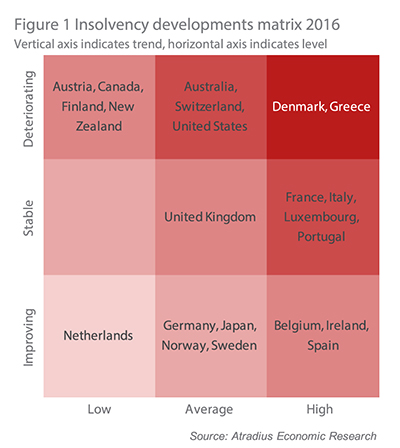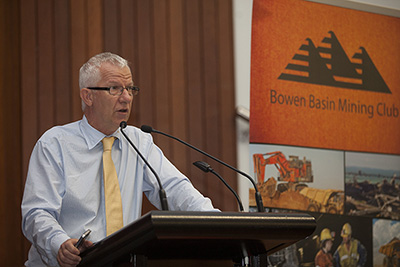ARA applauds return of 'retail buyer' to STSOL.
THE Australian Retailers Association (ARA) is delighted the Department of Immigration and Border Protection (DIBP) has re-instated Retail Buyer to the Short Term Skilled Occupation List (STSOL).
The ARA has been leading the 'retail revolution' by proposing significant changes to the 457 visa program in a submission to the DIBP to ensure the longevity of Australian retail. 
ARA executive director, Russell Zimmerman said the ARA and its members had been working together to lobby the DIBP in not only adding, but re-instating essential retail roles to the STSOL.
“Today the industry received a big win for skill shortages in Australian retail as the Department has officially re-instated Retail Buyer as a key role required in contemporary retailing,” Mr Zimmerman said on June 30.
“The ARA have been the only retail industry body lobbying for further changes to the 457 visa program as many Australian retailers are constantly challenged by the availability of local talent to fill critical roles in the industry.”
While the ARA is concerned that Merchandise Planners, Merchandise Designers and Digital Commerce were not added to the STSOL, the ARA will continue to identify various mechanisms to address skill shortages in Australian retail.
“With retail being a huge driver in the Australian economy, the ARA will continue to work with the Government to ensure highly skilled visa holders in key retail categories are supported,” Mr Zimmerman said.
"The ARA have long been advocating for its members on skills shortages in the local labour market as skilled retail employees are an enormous asset to the industry.
“We will continue to work with our members and the Government to develop a more sophisticated and inclusive approach in identifying strategic retail occupations prior to any further reforms being implemented,” Mr Zimmerman said.
ends

 How to resolve AdBlock issue?
How to resolve AdBlock issue? 




